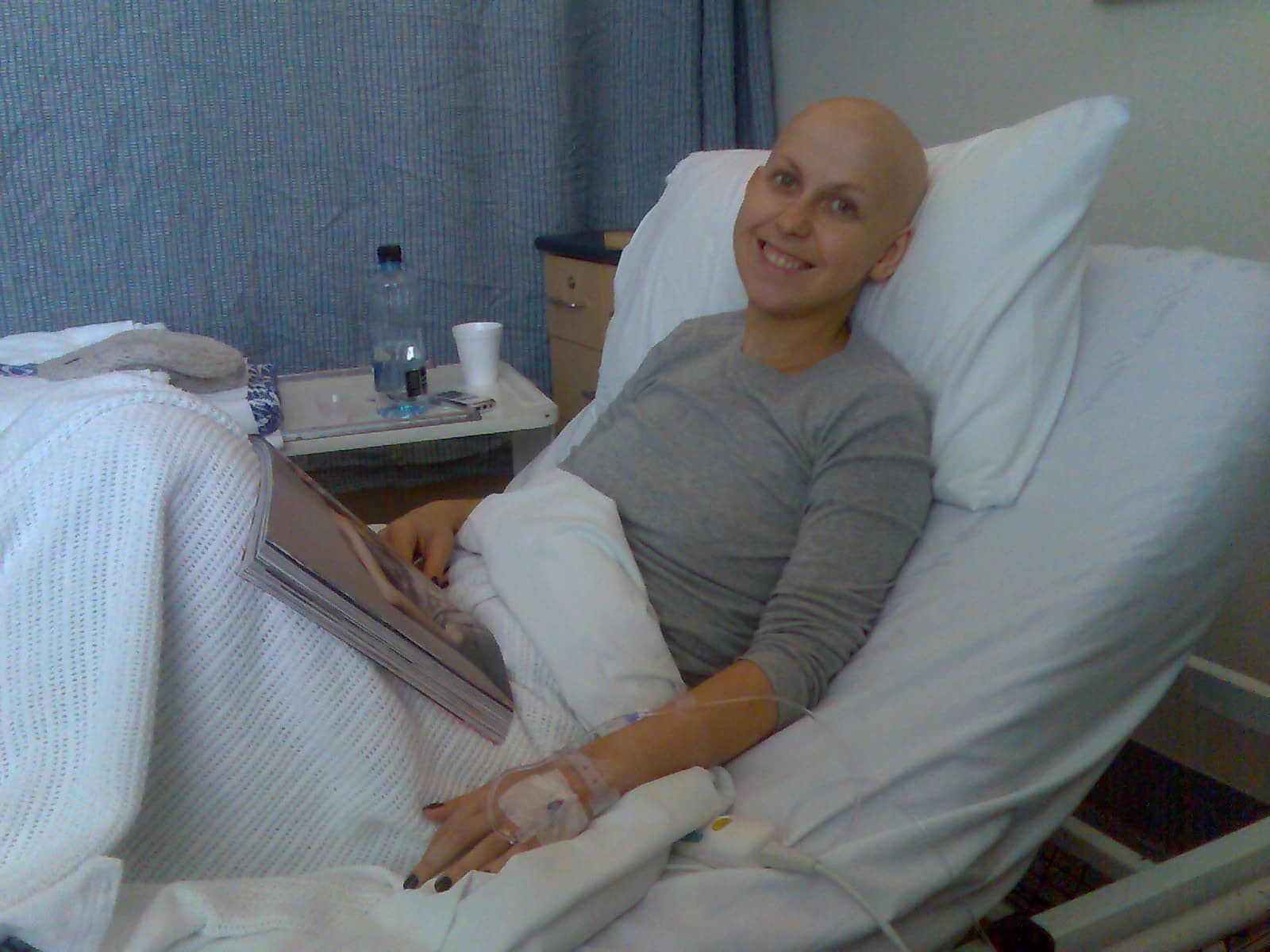Helping Your Teeth Survive Cancer

A cancer diagnosis can make time stop for a moment. Will you be there when your loved ones need you? How will you get through all the treatments? Then, there is all the information being thrown at you. Chemo, radiation, stem cell treatments. It can be absolutely overwhelming.
One thing which tends to get overlooked during this influx of information is what these treatments do to your mouth. Patients who’ve gone their entire lives without one cavity suddenly find themselves with decay. This is through no fault of their own. It’s not that they’re neglecting their teeth. The treatment’s the problem.
How Cancer Treatment Effects Your Teeth and Mouth
- Changes in taste
- Infections
- Gum pain
- Mouth sores
- Tongue peeling or burning
- Increased tooth decay
- Decreased Saliva
Steps to Help Combat the Effects of Your Treatment
Obviously, it’s important you keep up with a healthy oral routine. This means brushing twice a day, flossing, and keeping up with your twice yearly checkups and cleanings.
Let your dentist know what you’re undergoing. He or she can prescribe a take-home fluoride rinse for you. This will help shore up your teeth against the increased decay and loss of saliva. Many patients don’t realize what an important role our saliva plays in our fight against decay. It contains bacteria-fighting minerals to combat decay. Without that, the extra protection fluoride can provide is a must.
Easing the Pain of Dental Care
Everything hurts when you’re undergoing treatment. Your teeth will also feel those effects and become more sensitive. To help ease any pain or anxiety during your cleanings, check-ups, or other needed dental work, you can ask your dentist about potential solutions.
This will allow you to get your work done without any additional stress on you.
Replacing Lost Teeth after Cancer
Sometimes you can do everything right during your treatments and still lose teeth. When this happens, there is hope for a beautiful smile again. The ideal tooth replacement option is to get dental implants. This will be like having healthy, natural teeth again. They are as strong as your natural teeth and there are no restrictions on what you can eat.
Talk to your dentist. Start with prevention options. When treatment is over, you can re-evaluate and go from there.
This blog is brought to you by Naperville Dentist Dr. David Newkirk.